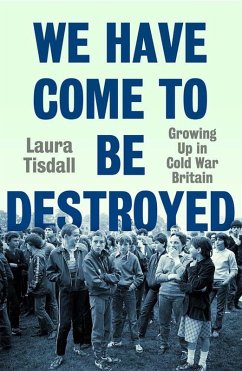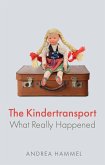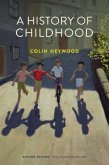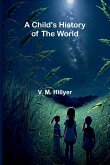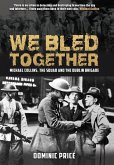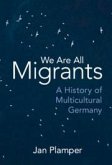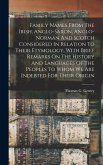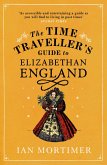How does modern British history look when seen through the eyes of those not yet grown up? In newly affluent 1950s Britain, ideas about adulthood and childhood began to change radically. Adults married, bought houses, and had children far sooner, and were conceived as self-sufficient, altruistic good citizens. Children and teenagers, conversely, were heavily regulated, imagined as fragile, vulnerable, or deviant, their voices excluded from civic and political conversation. But Britain’s young people had their own ideas. Laura Tisdall tells the history of modern Britain through the experiences of its adolescents, revealing their thoughts, fantasies, and anxieties. From children’s activist movements for nuclear disarmament to young women’s reservations about the permissive society, queer youth’s inability to imagine a happy future, or more everyday objections to the pressure to conform, young people throughout Britain creatively challenged the world adults made for them. Tisdall shows us Cold War Britain through the eyes of its youth, from the expansion of the welfare state to the sexual revolution and the rise of neoliberalism—and so shines a wholly new light on a supposedly familiar era.
Bitte wählen Sie Ihr Anliegen aus.
Rechnungen
Retourenschein anfordern
Bestellstatus
Storno

